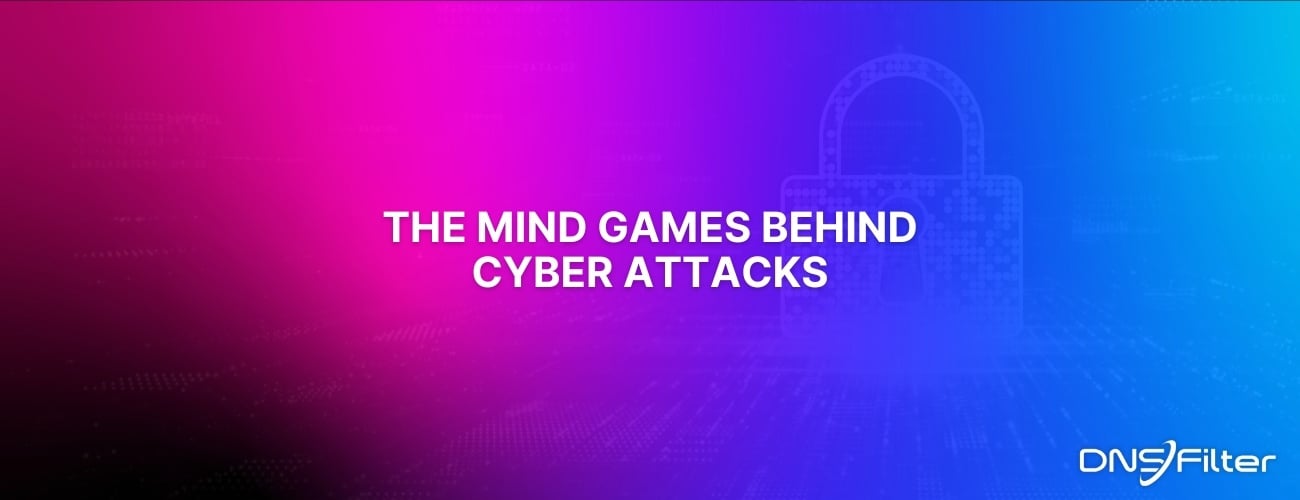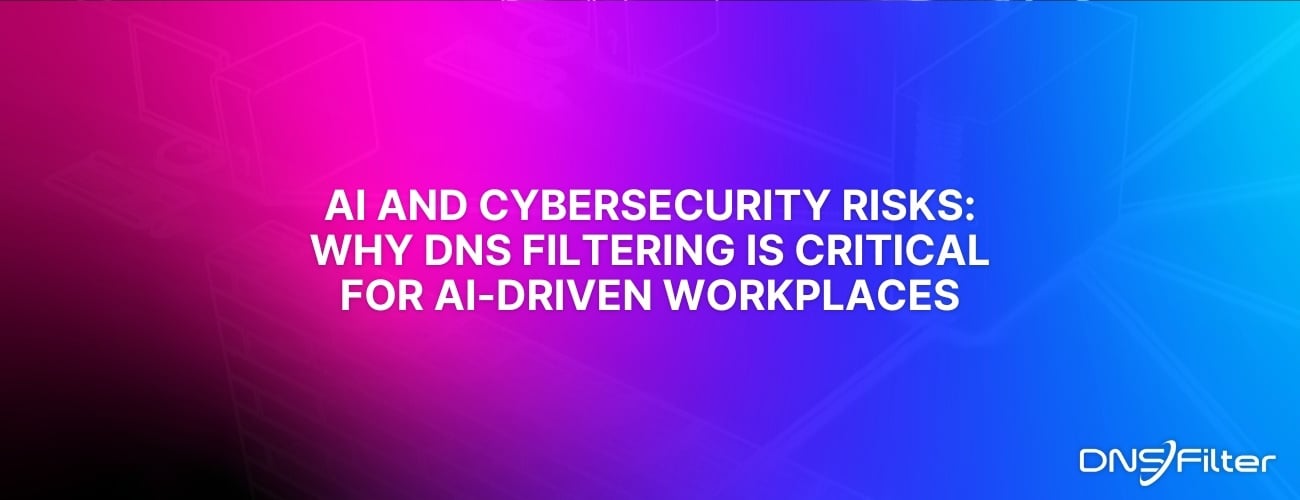Share this
Traversing the World of AI with Judy Security
by Anvesha Tiwary on Jun 28, 2024 2:54:56 PM
Raffaele Mautone, CEO of Judy Security, recently joined us for an interview session around the increasing presence of AI in cybersecurity. This insightful Q&A session sheds light on how AI is integrated into Judy Security's operations. Raffaele also touches on the broader implications of AI for the future, making a compelling case for its strategic use in both day-to-day operations and long-term security strategies.
Q: How does AI fit into the cybersecurity landscape at Judy Security?
RM: AI acts like glue—tying all our cybersecurity components together. It enhances our capabilities, operating like a sophisticated chatbot and integrating various security processes to protect effectively and efficiently.
Q: What are some of the public concerns about AI, especially in cybersecurity?
RM: There are a lot of concerns about AI, often fueled by sci-fi portrayals like in Terminator. People worry about unauthorized use of images or data. However, AI in cybersecurity is pivotal; it speeds up response times and helps us counter advanced threats more tactfully.
Q: How does AI impact productivity in cybersecurity?
RM: AI is fantastic for automating repetitive tasks that often lead to burnout. It allows cybersecurity professionals to focus on more strategic, high-level operations while AI handles the mundane, time-consuming tasks. This not only boosts productivity but also improves job satisfaction of the employees by reducing stress.
Q: Are there ethical considerations companies should consider when integrating AI?
RM: Absolutely. As the usage of AI becomes common, we must be aware about how it’s applied, particularly in sensitive areas like data privacy and intellectual property. There’s also a very important conversation around the impact of AI on employment that should be had to ensure it elevates the workplace rather than replacing the human workers.
Q: What future developments do you foresee for AI in cybersecurity and other industries?
RM: AI's potential is still largely untapped. There’s a lot more to what we have seen so far. I see it expanding into areas like healthcare for aging care and even more in autonomous vehicles. The key will be to advance AI in a way that genuinely benefits society, complementing human efforts and ensuring safety and security.
Q: Any final thoughts on how businesses can thoughtfully integrate AI?
RM: Companies should approach AI as a tool to enhance—not replace—the human element. Thoughtful integration involves understanding the specific needs of your business and how AI can meet those needs without compromising ethical standards or quality.
For Judy Security, that means using AI to streamline complex processes while keeping their team central to decision-making loops.
As we look into the future, the thoughtful integration of AI will be crucial in balancing technological advancements with ethical considerations, ensuring that AI serves to augment human capabilities and safeguard our digital world. Dive deeper into this discussion and tune into the replay of Traversing the World of AI with Judy Security.
Share this
 Artificial Intelligence in Cybersecurity
Artificial Intelligence in Cybersecurity
The term “artificial intelligence (AI)” was first coined in 1956. While progress stalled for many years, we can thank IBM for sparking real interest in AI as viable technology: First in 1997 when the computer Deep Blue defeated a chess champion and again in 2011 when Watson won Jeopardy!
 The Mind Games Behind Cyber Attacks
The Mind Games Behind Cyber Attacks
Hackers have long understood that the most sophisticated firewall is no match for a well-placed psychological trick. While many focus on the technical prowess of cybercriminals, the real magic often lies in their ability to manipulate human behavior. By exploiting our natural tendencies and cognitive biases, hackers can slip past even the most robust security systems. It's not just about cracking codes; it's about cracking the human psyche.
 AI and Cybersecurity Risks: Why DNS Filtering is Critical for AI-Driven Workplaces
AI and Cybersecurity Risks: Why DNS Filtering is Critical for AI-Driven Workplaces
Artificial intelligence is transforming business operations, automating everything from customer service to data analysis. But with these advancements come new security challenges. AI-driven cyber threats are becoming more sophisticated, enabling attackers to automate phishing campaigns, generate malware, and exfiltrate sensitive data at scale. Without proper safeguards, AI tools can unintentionally leak corporate secrets or connect to malicious ...


